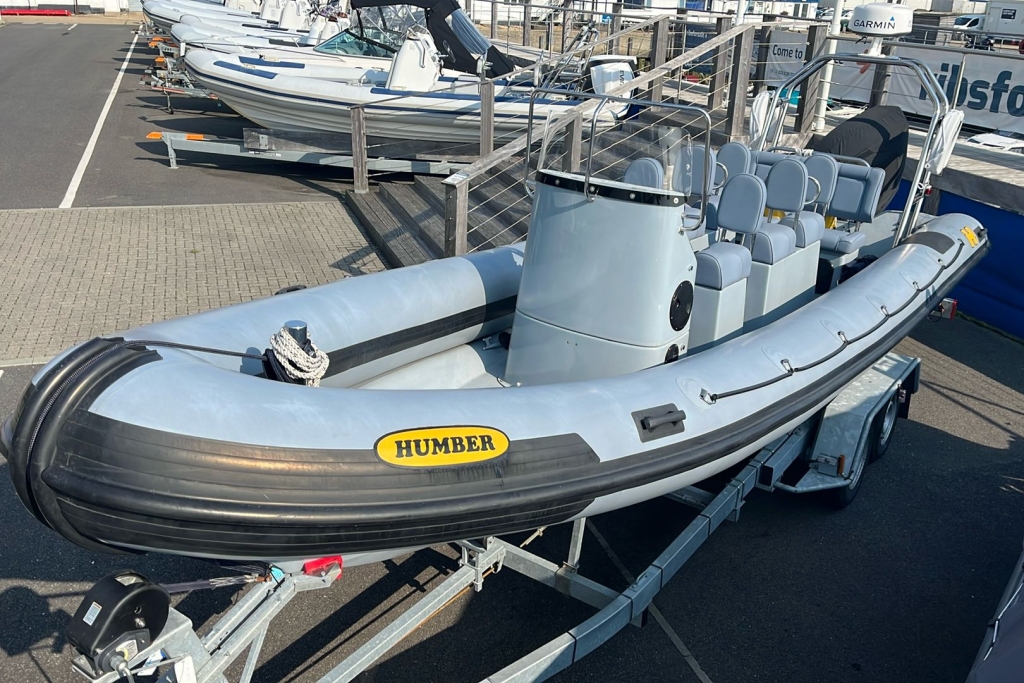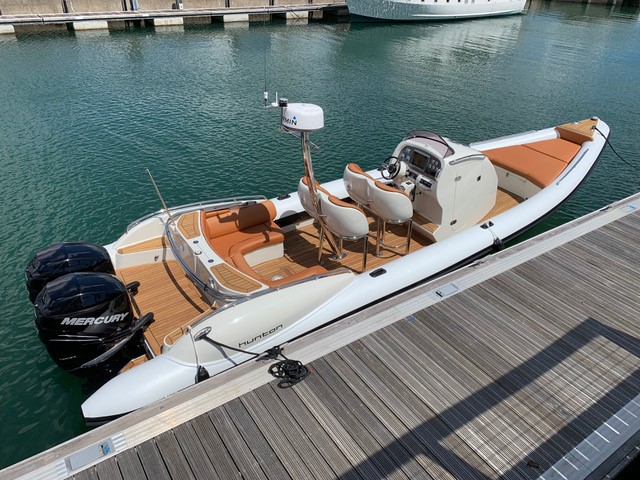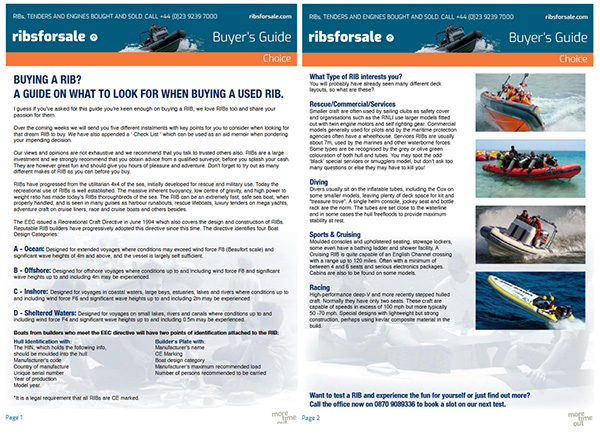RIB Safety – Important things to take on the water: #2 – Life Jackets
The bottom line is, don’t go out without them. The RNLI, RYA and Maritime and Coastguard Agency (MCA) all recommend that you don’t step in a boat without wearing one, at Team JBT we operate a similar policy. Whether it is a choppy and rainy day or sunshine and blue sky we never leave the pontoon without one, and neither do any of our passengers.
If you don’t already have one, which one do you buy? There are dozens of different brands and types on the market. Personally, I prefer my life jacket to have a Hammar Automatic system. This means that the jacket automatically inflates when the mechanism is immersed in water (working by the weight of the water pressure). This means they are less likely to go off when stored on the boat and if someone is knocked unconscious as they fall overboard the jacket will inflate keeping their head above water.
Choosing a life jacket can be confusing. There are various types, Newton ratings and categories. Coastal and inshore life jackets tend to be around 150-175 Newtons – 10 Newtons = around 1kg of flotation (your body will weigh less in the water). Offshore lifejackets are rated at 250 Newtons and are designed to keep your head above water in heavier swells.
You can customise your life jacket with a number of extras, if you are a regular RIB driver then it may be worth investing in some of these to maximise your safety on the water. Crotch Straps are useful to prevent a life jacket riding over the head while water or manually activated lights can help you be seen at night. The RNLI provide plenty of useful advice on their website about fitting and choosing life jackets.
Some may be put off by the price, starting from around £50, but you wouldn’t get on a motor bike without a helmet would you?
Be safe on the water, wear a lifejacket!
JBT Marine currently have stock of the KRU 175N Manual life jackts, priced at £54.00, if you buy 4 or more we will be happy to do you a deal. Check out our other blog on RIB Safety, do you have a grab bag for on board emergencies?
Stay tuned for our final safety blog which will be posted on
Monday 14th November.
















